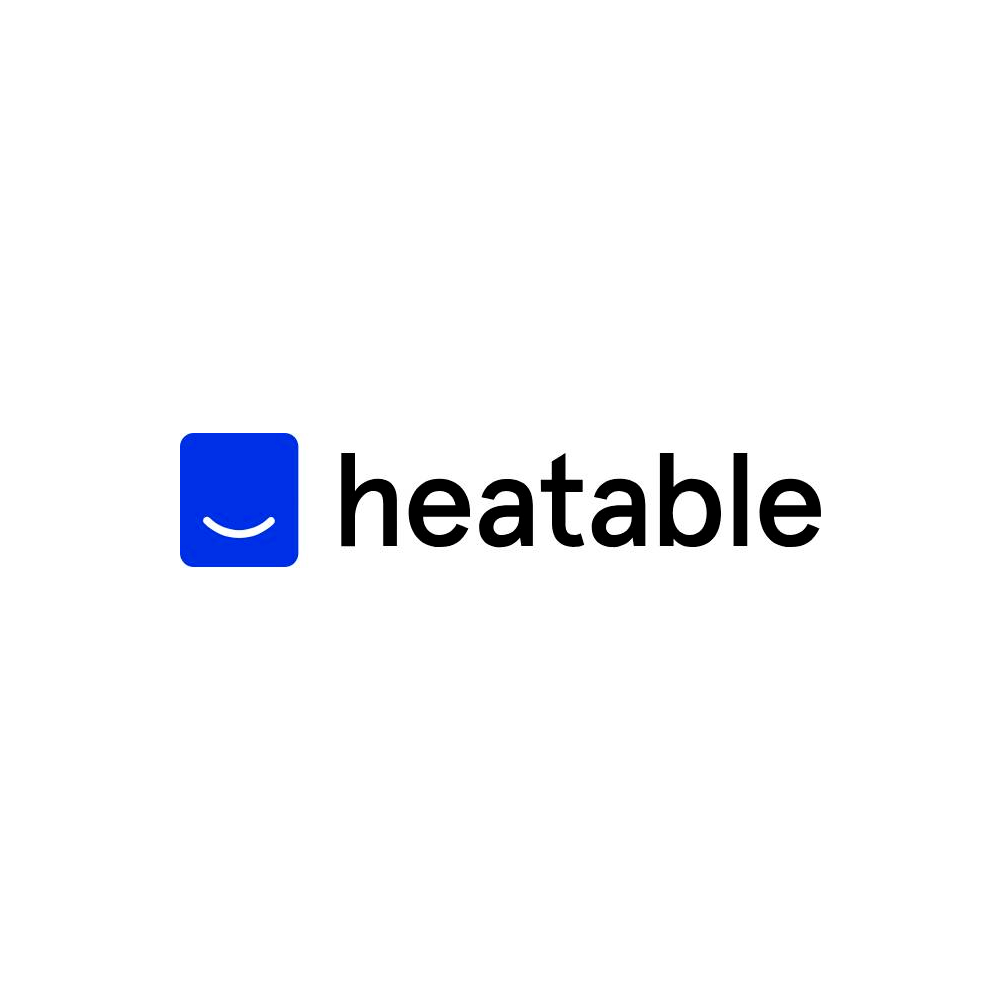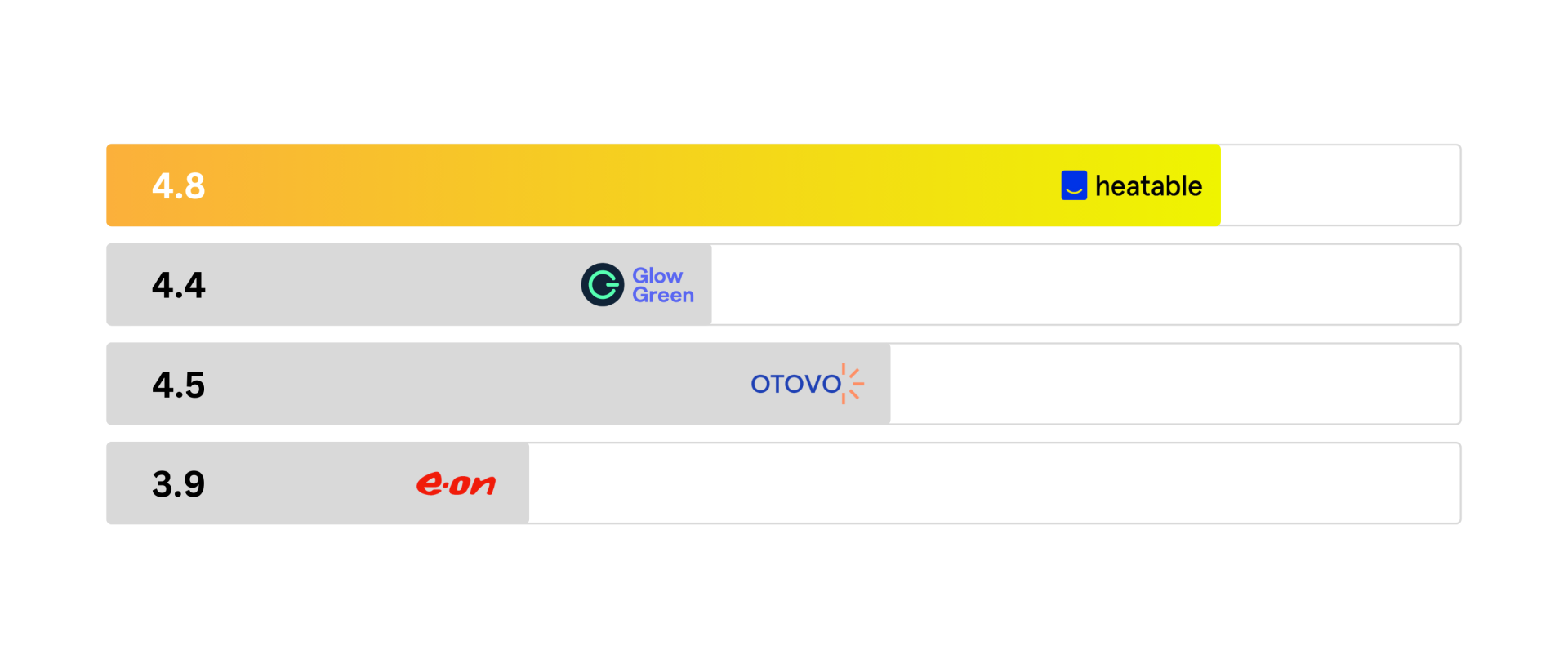Are you looking to join the over 1.4 million UK residents harnessing the power of the sun? Going solar is a no-brainer for many homeowners and businesses.
Solar panels can help offset your power bill and environmental impact, boost your home value, earn you a few quid, and, when you add an energy storage system, protect you from blackouts.
However, installing solar panels is a significant investment, and you must do due diligence before taking the plunge.
Weighing the benefits of solar with some potential downsides can help you decide whether it’s the best option for your home or business.
Here are some key pros and cons of solar panels to consider.
Pro tip: Avoid upsells and confusing packages—choose a provider with a clear, fixed-price quote that won’t change. Heatable, a Which?-approved solar installer, offers transparent pricing with no surprises.
Key Takeaways:
- Solar panels can cut your energy costs and earn you money.
- Solar panels can reduce your carbon footprint.
- Solar panels can increase the value of your property.
- Solar panels are not suitable for all roofs.
- The pros of solar panels outweigh the cons in most situations.
What are the Pros of Solar Panels?
You can reap various benefits by installing solar panels. These include:
Cheaper Electricity Bills
Solar panels allow you to generate electricity and use it as a supplement or alternative to buying power from the grid.
They can help you lower your monthly electricity bill with data from the Energy Savings Trust showing you can save up to £630 annually based on current fuel prices.
Thanks to a lifespan of 25 to 30 years, solar panels can help you cut your electricity costs for decades.
Cut Your Energy Bills with Solar in 90 Seconds
Get your free fixed-price quote from Heatable — a Tesla Premium Installer with no hidden fees or sales pressure.
- ✔ MCS-accredited & Which? Trusted Trader
- ✔ Fixed price guarantee — no surprise costs
- ✔ Finance available & deposit protection
- ✔ Rated 4.9★ by thousands of UK homeowners

Reducing Your Carbon Footprint
Solar panels give you access to clean, renewable energy and help reduce your carbon footprint. Unlike fossil fuels like coal, oil, or gas that release harmful emissions into the atmosphere, solar power doesn’t directly release pollutants.
Depending on where you live in the UK, installing solar panels can save around 1 tonne of carbon per year and contribute to a healthier, cleaner environment.
Increasing the Value of Your Property
Installing solar panels will increase the overall value of your property. More homebuyers are looking for greener homes that use renewable energy sources like solar.
Research highlighting the financial benefits of installing a solar energy system shows that a typical home can increase its value by between £1,891 and £2,722.
Homes equipped with solar panels command premium prices, and the longer the panels are on your home, the higher the uplift in house value.
Earnings from Excess Electricity
In addition to reducing your energy bills, you can earn money from solar panels by selling excess electricity back to the National Grid through the Smart Export Guarantee (SEG).
SEG tariffs are consistently above zero, allowing you to earn money from the surplus energy your solar panels produce.
You can get immediate and long-term returns that can help offset the cost of your solar panel investment.

Independence from the Grid
When you install solar panels, your home or business can function entirely off-grid, especially if you add battery storage.
Batteries allow you to store electricity during the day and use it at night when the panels are no longer generating electricity.
Your home can be self-reliant and stay immune to power outages or blackouts.
If you’re still learning about solar, refer to our complete advice section for more help and advice, which includes guides on the best solar panels, costs of installing solar and if solar is worth it.
Low Maintenance
Solar panels are durable and require minimal maintenance once installed. They don’t have moving parts and can last up to 25 years or more, provided you keep them clean and debris-free.
Choosing quality panels and an MCS-certified installer is essential to ensure a correct installation according to industry standards.
What are the Cons of Solar Panels?
Solar can feature a few downsides you’ll want to consider. These include:
High Upfront Costs
The upfront costs of installing solar panels can be pretty high. Various factors can influence the total costs of a solar panel system.
These include the size of the system required, the type and brand of the solar panel, the property type or kind of building, labour and installation costs, and additional system components like PV diverters and solar storage batteries.
Costs can vary between products and installers, so get quotes from at least three reputable solar companies or installers to get a more accurate estimate tailored to your needs.
The good news is that you can get a grant to finance the cost from various government schemes like ECO4.
Not All Roofs Are Suitable
The age, shape, and condition of your roof are essential considerations when installing solar panels. Your roof may not be a good fit if it’s north-facing or well-shaded.
The angle and pitch of your roof can also affect the efficiency and productivity of your solar panels. Solar panels usually work well on south-facing roofs sloped between 15 to 40 degrees.
Installing solar panels on thatched roofs or roofs with cedar or slate tiles can also be challenging.
Sunlight Dependent
Solar panels require sunlight to gather solar energy effectively. Although they can still work during rainy or cloudy days, efficiency will drop, affecting the system.
Solar panels also don’t produce energy at night, and you may need to rely on grid electricity or invest in solar batteries to store power and use it at night or during poor weather.
Space Constraints
Solar panels need the right amount of space for installation, and your roof may not be big enough to fit the number of panels you’d like to have.
The larger your household’s energy requirements, the more solar panels you’ll need to generate enough power. Finding enough space with adequate sunlight can be challenging, especially in a residential area.
Solar Panels are Not Easily Transferable
Uninstalling and moving your solar panel system can be expensive, time-consuming, and challenging.
Solar panels are not something you can take with you from house to house, and you may not see a return on your investment if you’re about to move. It’s best to consider them an investment in the property as they can increase its value.
Solar Batteries Are Expensive
You’ll need solar batteries to store and use power at night. However, they’re not cheap, and costs can range from less than £2,000 to £6,000, depending on factors like brand, battery capacity, type, and lifespan.
Final Thoughts on the Pros and Cons of Solar Panels
Installing solar panels is usually worth it for most homeowners and businesses as the pros significantly outweigh the cons.
However, it’s wise to weigh the pros and cons relating to your needs, location, climate, and property before installing solar panels.
Sources and References
- https://www.gov.uk/government/statistics/solar-photovoltaics-deployment
- https://energysavingtrust.org.uk/advice/solar-panels/
- https://solarenergyuk.org/wp-content/uploads/2021/10/The-Value-of-Solar-Property-report_SEUK.pdf
🌞 Learn more about solar panels – general & types:
- Voltage optimisers
- Commercial solar panels
- IKEA solar panels
- Solar windows
- Black vs blue solar panels
- Polycrystalline solar panels
- Bifacial solar panels
- Solar roof tiles
- Solar roof tiles (alt page)
- All black solar panels
- Cheap solar panels
- Ground-mounted solar panels
- Best 4kW solar panel system
- Highest watt solar panels
- Best solar panels
- Pros and cons of solar panels
